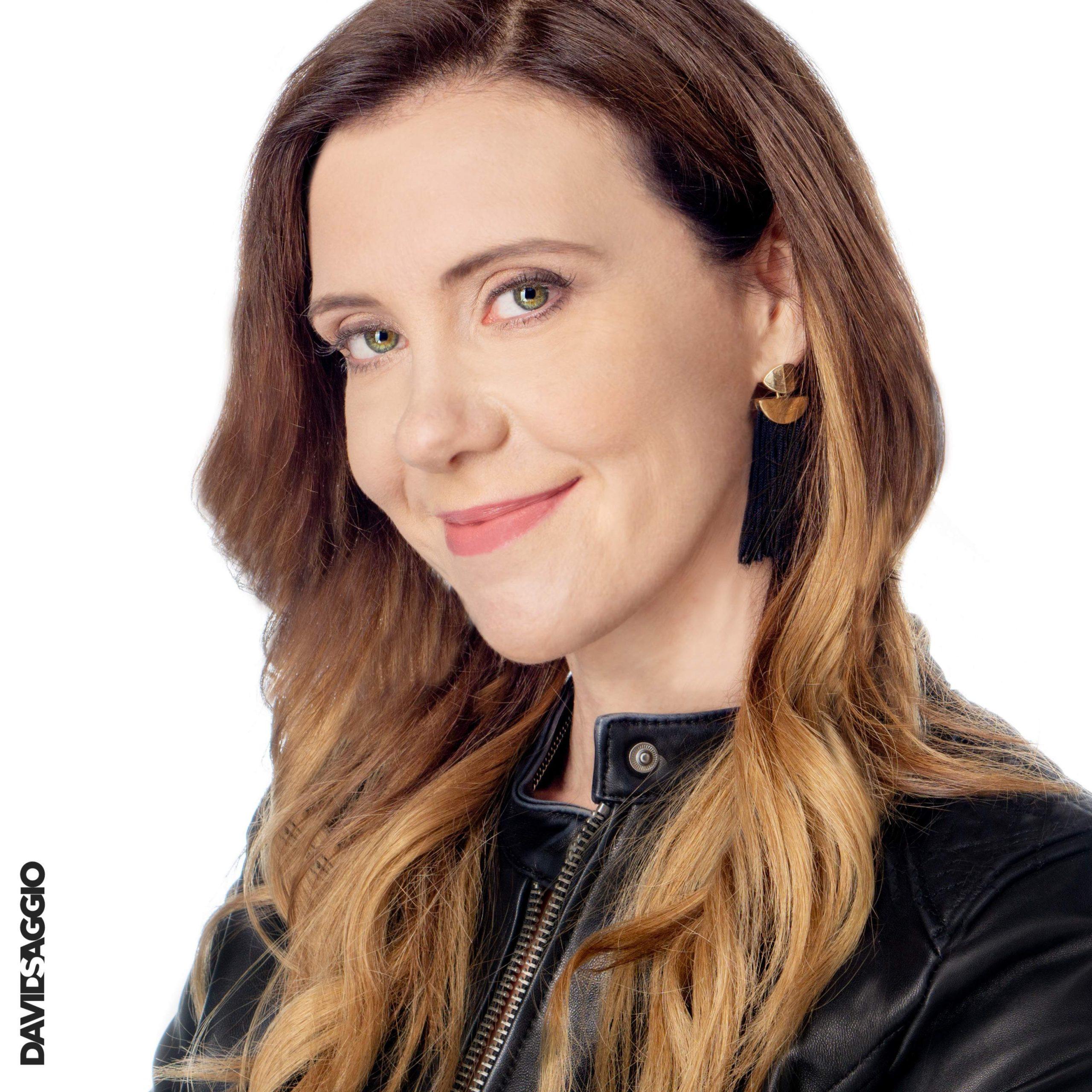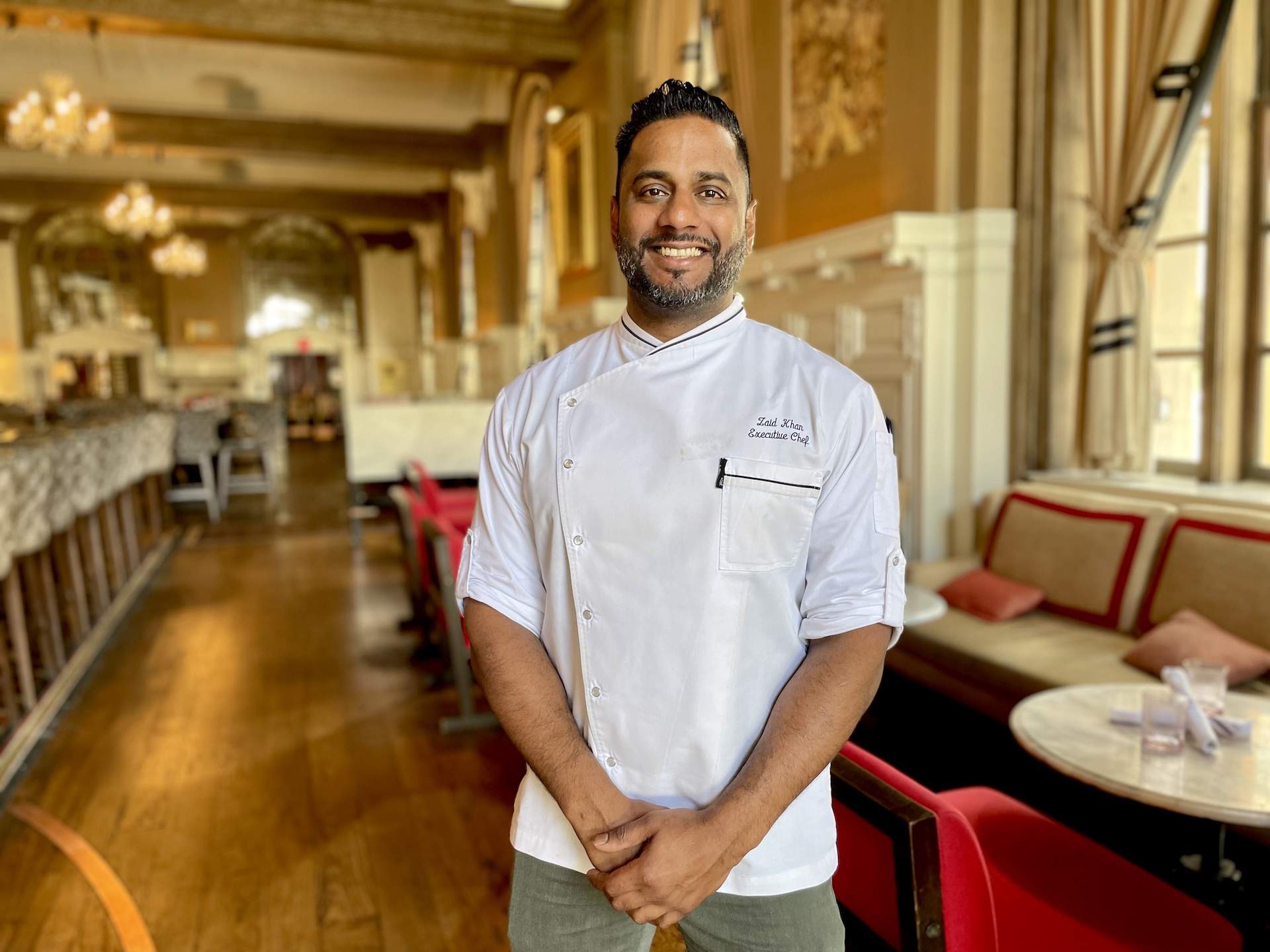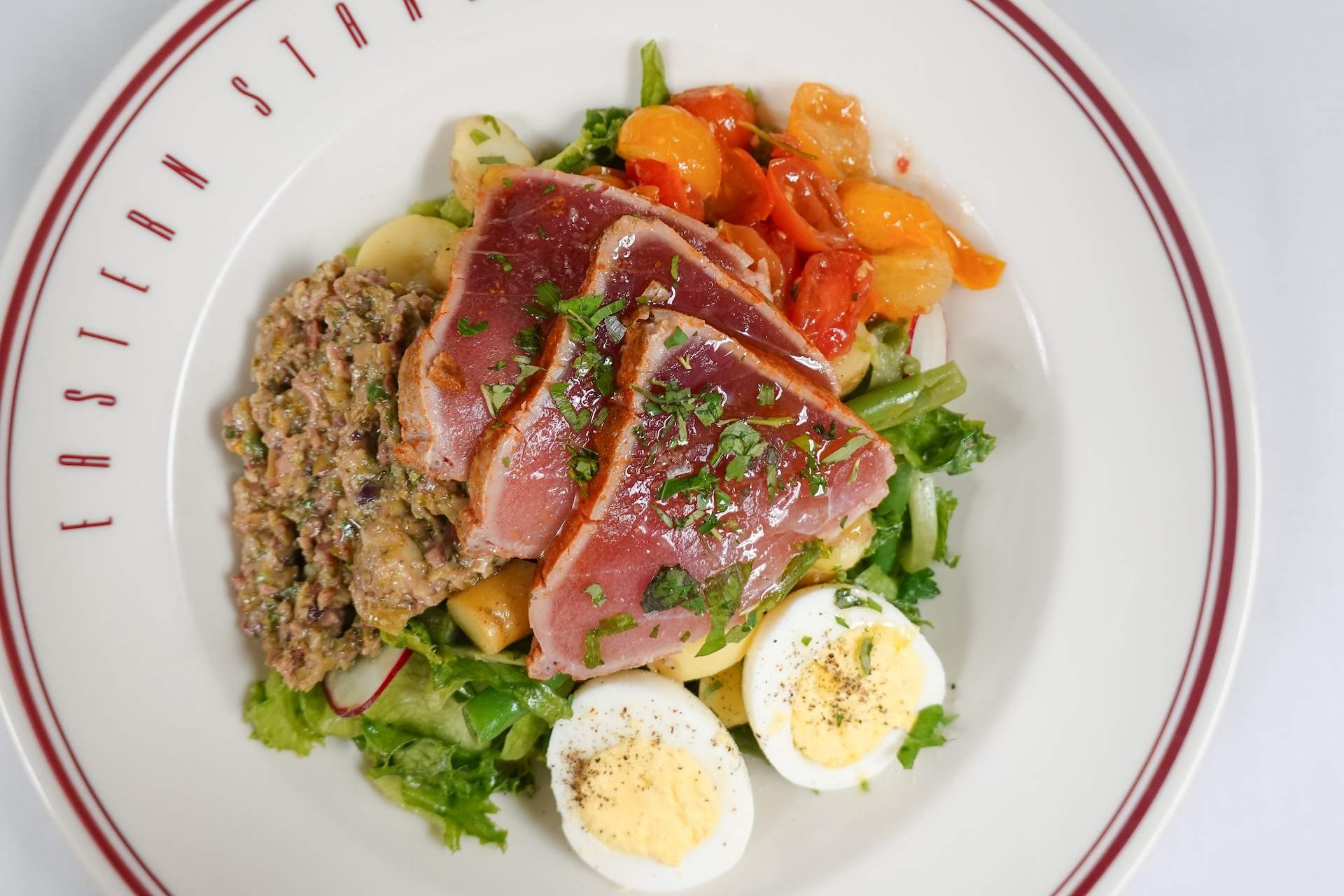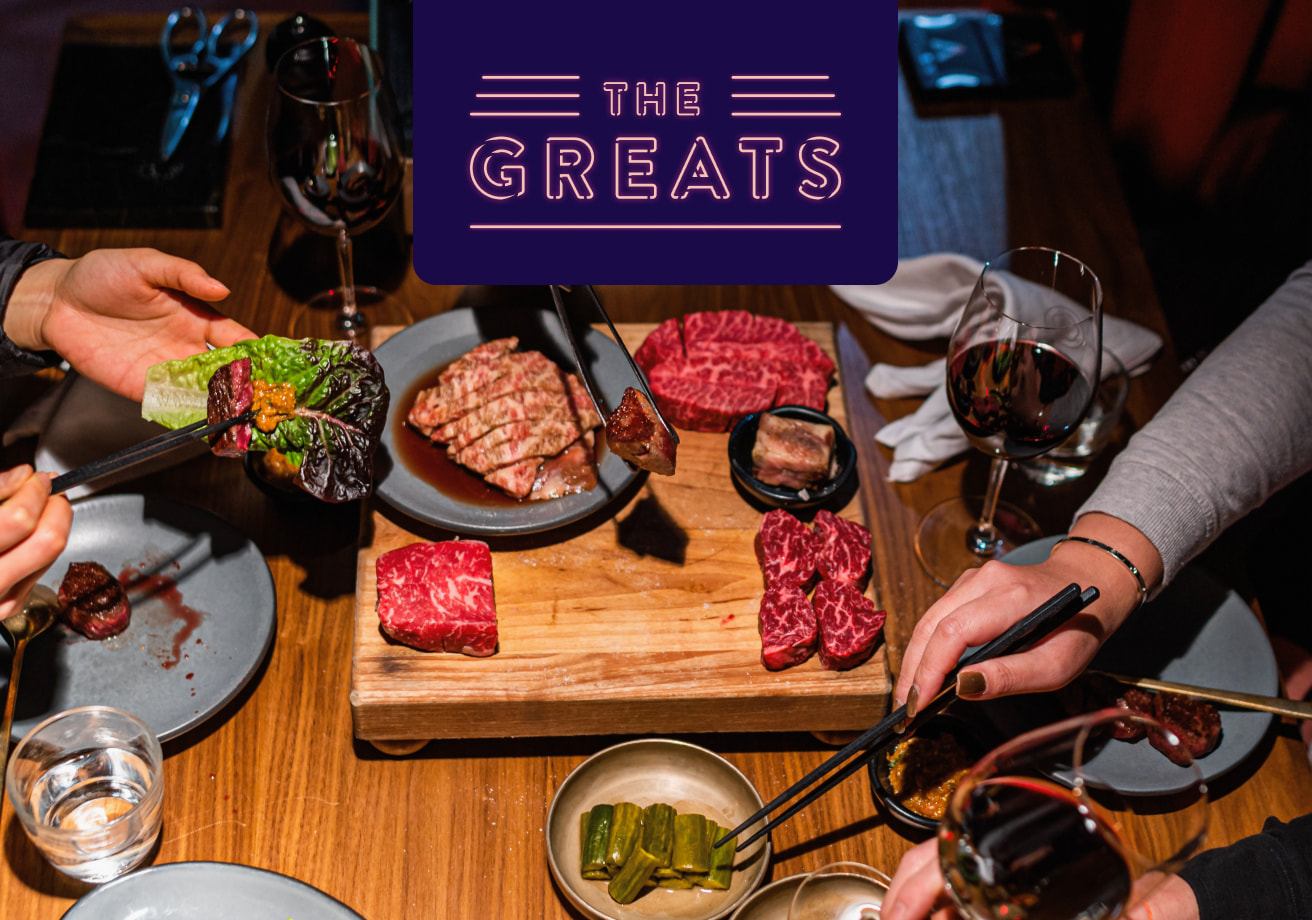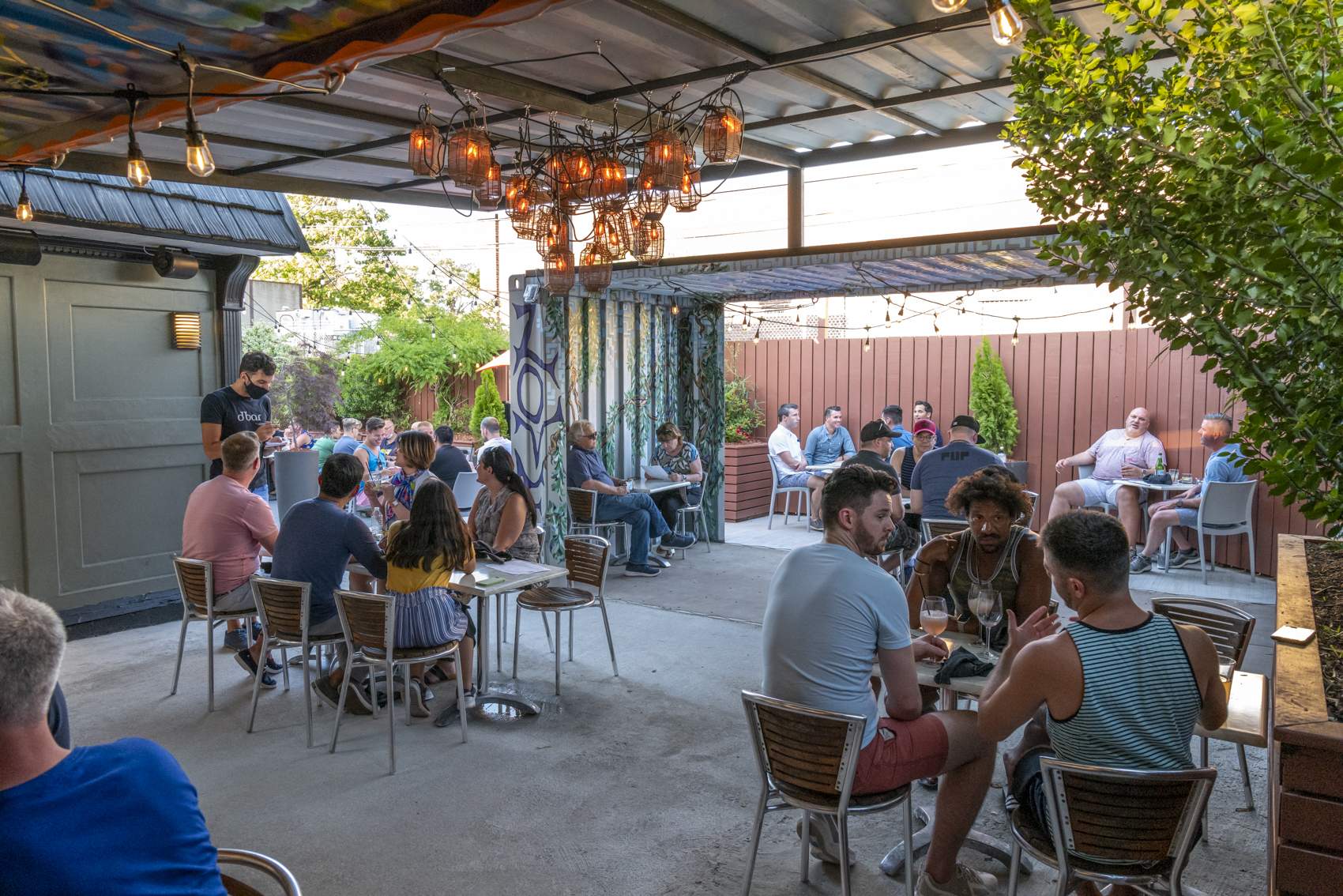Some of the most formative experiences of Fairmont Copley Plaza executive chef Zaid Khan’s career were in Fiji, watching his grandmother cook over an open flame. “We’d still walk to the fields to get cow’s milk,” he says. “The situation was all very raw. It has shaped how I see food—and how I see the world.”
Those experiences took him from Australia—where his Indian mother and father immigrated in order to escape a Fijian military coup—all over the globe to kitchens in Alaska, Seattle, Vancouver, and Bermuda. Khan’s international perspective is reflected not only on the plates at Fairmont’s OAK Long Bar + Kitchen, but also within his team. Among his priorities since starting in 2019 are sourcing diverse hires and having programs that encourage cultural understanding among his staff.
“I’ve got aces from all different places,” he says, laughing. “The director of banquets is Indian, and the general manager is Indian-Muslim, like me. My banquet chef is half-Korean. And our new sous chef is one of the first Latina culinary hires we’ve had in this hotel, ever, in terms of leadership. For a long time throughout my career, I was conscious of the fact that no one in kitchen leadership looked like me. Thankfully, that’s no longer the case — and it’s very intentional.”
For Asian American and Pacific Islander Heritage Month, chef Khan shared his perspective on growing up Indian and Muslim, raising his son in one of Boston’s most diverse neighborhoods, and moving the needle when it comes to changing the profile of restaurant leadership.
This interview has been edited for length.
How did your background inform who you are today?
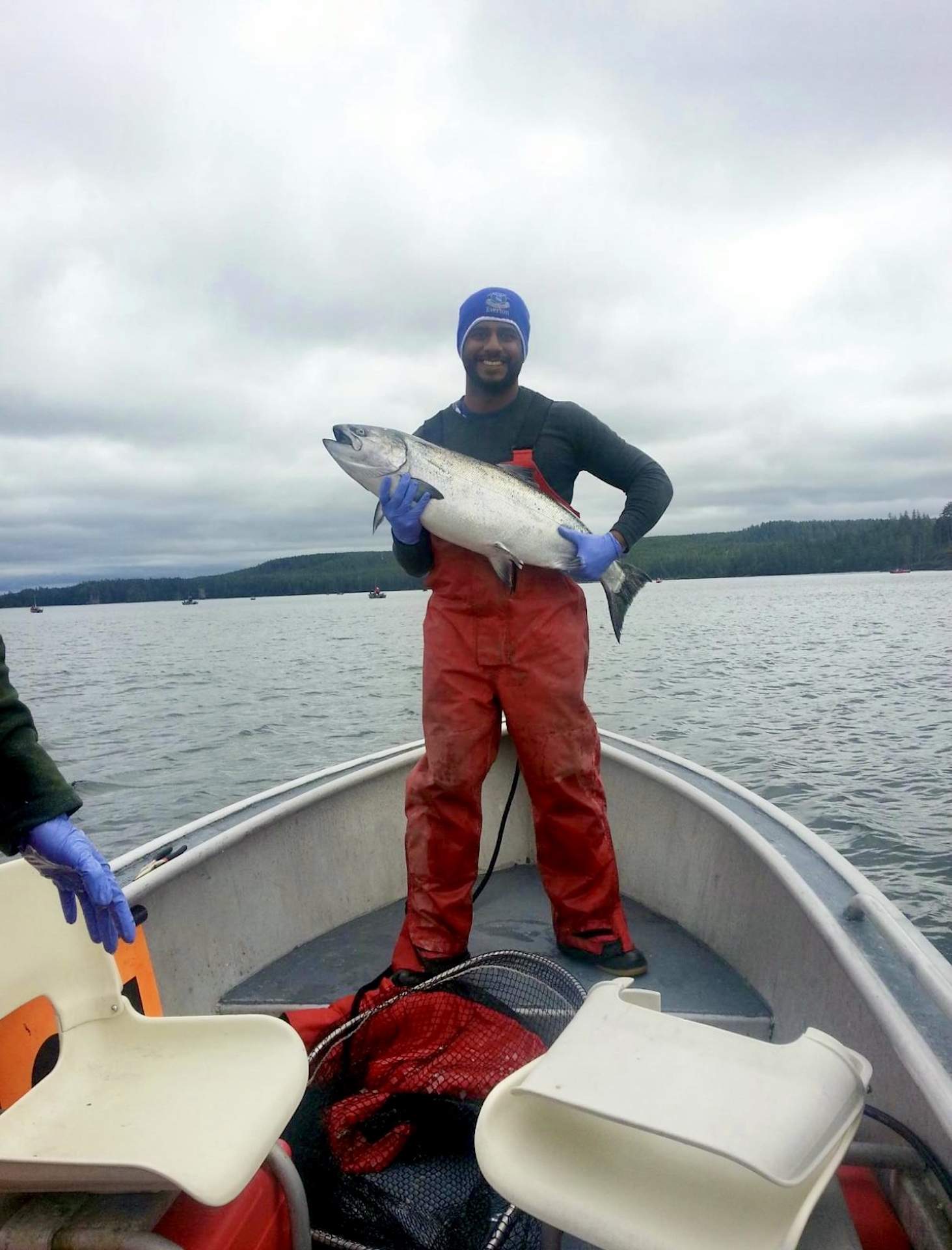
Zaid Khan: Apart from things like rice and flour, my mum was generally growing everything in the backyard. We had a ‘chook’ pen (chicken pen). My dad used to make fish jerky on our roof, and I got to go crabbing. So even though we were in a Western culture, there was still a strong sense of [family] identity.
Growing up in Australia, a lot of times I felt different, uncomfortable, not a part of things. I felt like I was Australian, but not. There was always a question, “Where are you from?” and I’d say “Australia.” And the response was, “But that’s not where you’re really from,” because of how I look and my name.
I feel more at home in East Boston than I do in Australia. It’s a highly diverse neighborhood. I love raising my son here—he plays with Moroccans, Latin Americans, Muslims, Asian people, kids with Italian heritage; he’s got a good group of friends; and everyone is kind of just from everywhere. In Australia, it was mainly white growing up so I felt very alone. Here, he’s surrounded by diversity.
How have things changed since you entered the culinary world almost two decades ago—and how are you helping promote that change?
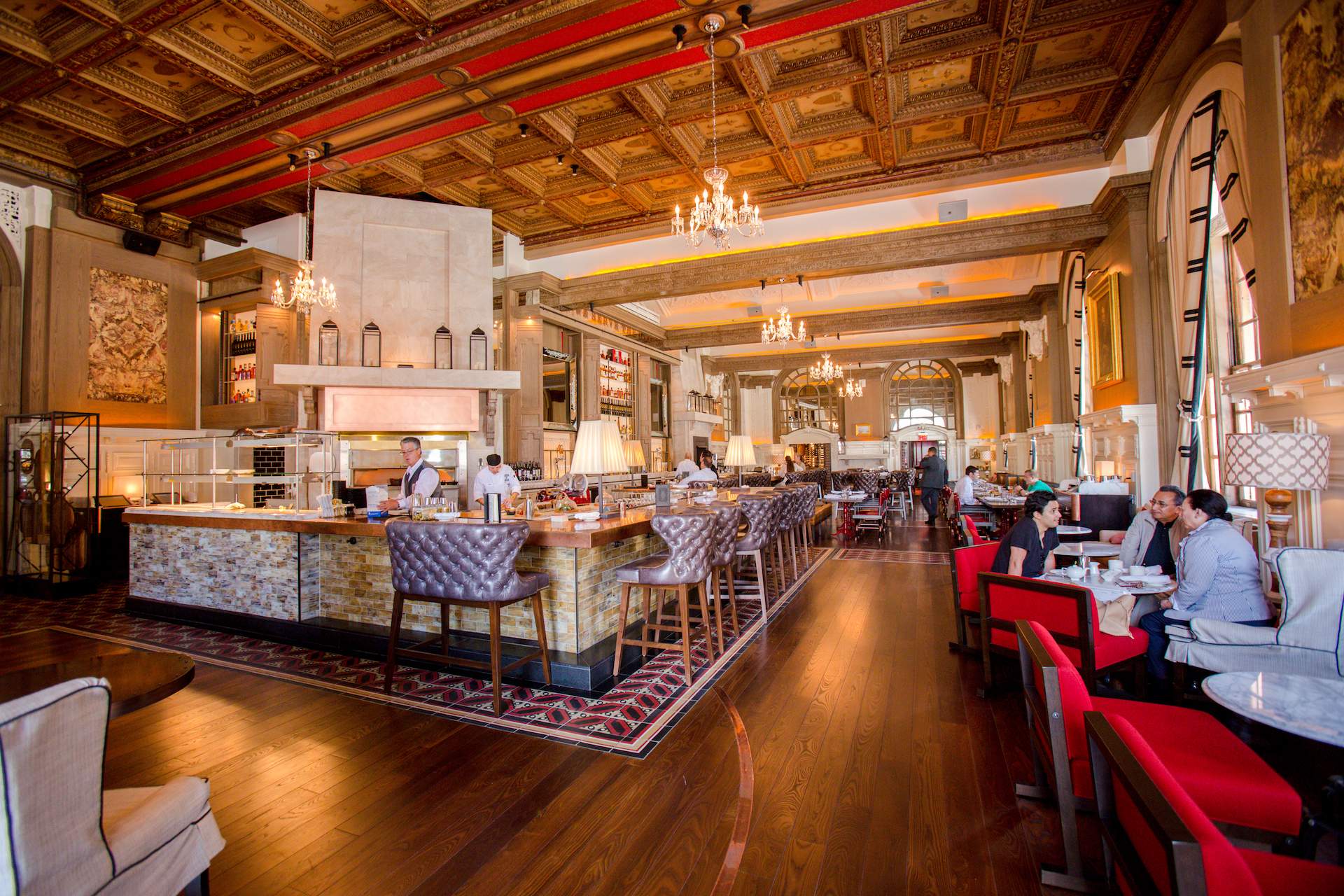
Khan: My entire career, most of the people in charge have been white males between the ages of 25 to 35. Across the world, all your big hotel chefs would be Swiss, or German, or French, and there was no one like me. As I’ve gone on, I’ve become more conscious of this. I also consciously target people like myself to recruit.
It’s a funny story behind my new sous chef Izzy [Isaura Buasier]. She was on Guy’s Grocery Games, and a friend of mine was on the show. I sent her a friend request on Instagram and we started texting back and forth. I offered her a job here. You’ve got to take a chance. You’ve got to commit to hiring these diverse candidates—and then have a plan to develop that person if you really are passionate about that diversity space.
I sent Izzy to shadow another diverse female chef, Isabel Chung at the Fairmont Orchid in Hawaii (including Brown’s Beach House restaurant). I think it’s really great to hear about leadership from a female’s perspective, because how they come up and their ride is different. Mentorship is important.
Why is camaraderie as important to you as individual mentorship?
Khan: These kitchens are absolutely 100% diverse, and sometimes they want to eat “their” food. We’ve done a really good job of celebrating and highlighting different cultures here. We’ve celebrated Latin American History Month, Indian food, and Haitian Independence Day.
I don’t take over and say, “Listen, I’m gonna cook this.” The team has the autonomy to go to the Latin market, pick up the ingredients, hand-make their pupusas or chicharones for the [employee] cafeteria, for instance, and be very proud of it. One way we can highlight everyone’s diversity is through food.
For Ramadan, this is the first year we set up a break room with smoothies and fruits so people could sit down with Muslim colleagues and break their fast together. It’s a small but really beautiful gesture that went a really, really long way. People came over to shake my hand and say thank you. They feel camaraderie in a sense that they can recognize their faith, which plays a central role in many people’s lives. Our new [hotel] general manager Tabish Siddiquie is also Muslim. So the winds of change, you know?
How has your team’s diversity influenced the menu at OAK Long Bar + Kitchen?
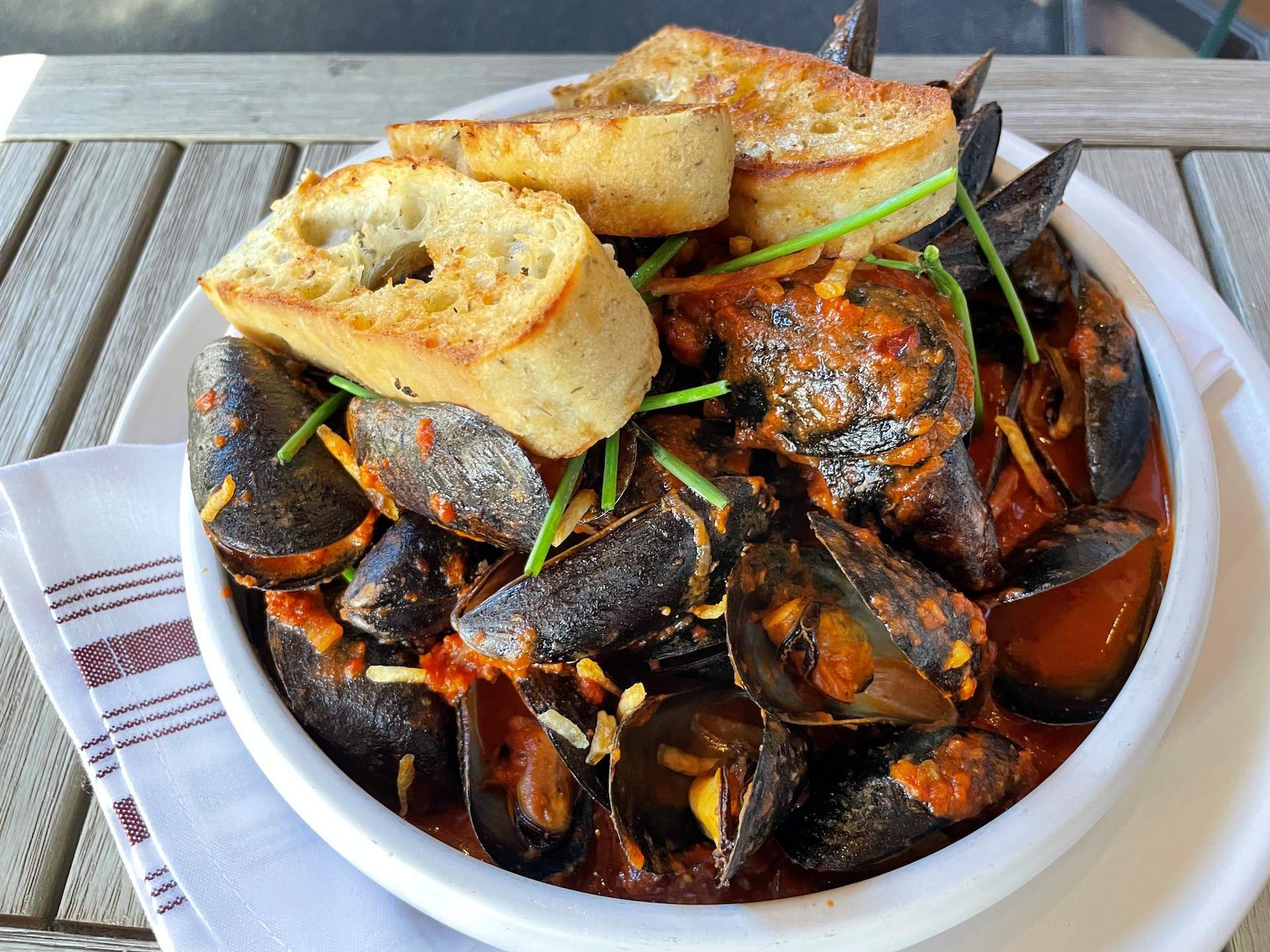
Khan: We put vegan jackfruit al pastor tostadas [flavored with Mexican guajillo chilis] on the menu to celebrate Izzy’s heritage. This is probably the best vegan pulled pork you’re ever going to taste. But the thing is, this is authentic. I’ll eat it and I’m like, “This is what this food should be.” We didn’t try to put some sort of chipotle mayonnaise on it. For lack of a better word, I think ethnic foods should be what they’re meant to be—authentic.
Bostonians are proud of their lobster rolls, and they should be. I’m a Fijian-Indian-Muslim-Australian. I’m not gonna tell you about the lobster roll or come in and put it on an English muffin; you’re going to tell me about that and mussels and oysters. As a chef, your job is to listen, listen more, and take what they have and elevate it.
[At OAK Long Bar + Kitchen, that approach has yielded dishes such as mussels with nduja and sweet chilies, and haddock seasoned with Egyptian and Middle Eastern dukkah and aioli tinged with Northern African red pepper paste harissa.]
What are some of the city’s most inspiring diverse dining experiences for you?
Khan: I love going to the Hacienda [in East Boston]; the servers come up to my son and just start talking to him in Spanish. [Cuban-American] Chef Tatiana Rosana at Para Maria at the Envoy does an amazing job. So does [James Board-nominated] Rachel [Miller] at Nightshade Noodle Bar.
Diversity is one thing, but it’s also great to see female leaders. Female chefs coming up more and more and more great. It’s a goal of mine to work in a hotel with or one day have a female chef de cuisine leading men, and if she’s diverse, Latina, or something else, even better. But it’s something we’ve got to push for and get right.
Carley Thornell-Wade is a Boston-based food, travel, and technology writer who’s been to more than 70 countries and delighted in tasting the regional delicacies of each.
